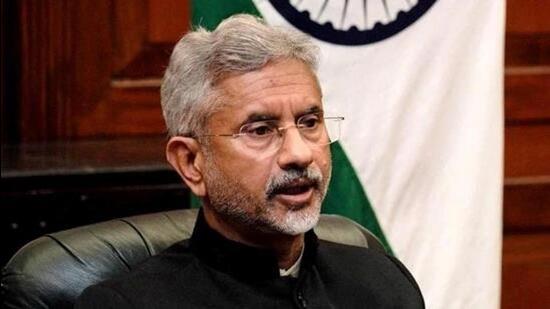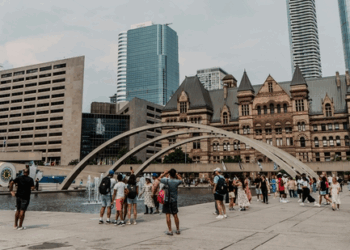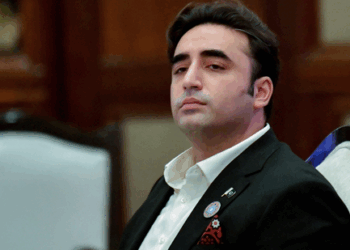In a proactive diplomatic move following the deadly Pahalgam terror attack that claimed the lives of 26 people—mostly tourists—External Affairs Minister S Jaishankar on Tuesday spoke with his counterparts from seven non-permanent members of the United Nations Security Council (UNSC). The outreach comes amid heightened speculation over India’s response to the attack, which Indian officials have linked to cross-border elements.
The countries Jaishankar contacted include Greece, Sierra Leone, Algeria, Guyana, Slovenia, Somalia, and Panama. In these discussions, he expressed gratitude for their condemnation of the attack and their solidarity with India. The conversations focused heavily on the global need to counter terrorism in all its forms, with Jaishankar emphasising India’s resolve to hold the perpetrators, planners, and supporters of the attack accountable.
Jaishankar also had a phone call with United Nations Secretary-General Antonio Guterres, where he welcomed the UN chief’s unequivocal condemnation of the attack. “Agreed on the importance of accountability,” Jaishankar posted on social media. “India is resolved that the perpetrators, planners and backers of this attack are brought to justice.”
The timing of these conversations is significant, as Pakistan, which India believes had a role in enabling the attack, is set to serve as a non-permanent member of the UNSC during 2025–26. According to diplomatic sources, Pakistan recently collaborated with China, a permanent UNSC member, to dilute a resolution condemning the Pahalgam incident.
In a conversation with Guyanese foreign minister Hugh Hilton Todd, Jaishankar reaffirmed the need to fight terrorism in all its manifestations. Similarly, he lauded Greece for its “firm opposition to cross-border terrorism” during a call with Greek foreign minister George Gerapetritis.
These diplomatic efforts followed an earlier round of briefings by India’s Ministry of External Affairs, where officials provided details to nearly 100 foreign envoys regarding the attack’s links to Pakistan-based actors.
Additionally, Jaishankar spoke to the United Arab Emirates’ foreign minister and deputy prime minister Abdullah bin Zayed Al Nahyan. He shared that they discussed the necessity of effectively combating terrorism, echoing India’s firm stance on zero tolerance for terror.
As the international spotlight sharpens on the Pahalgam attack and its alleged cross-border implications, India is mobilising its diplomatic channels to build consensus and global support against terrorism.








 India
India












